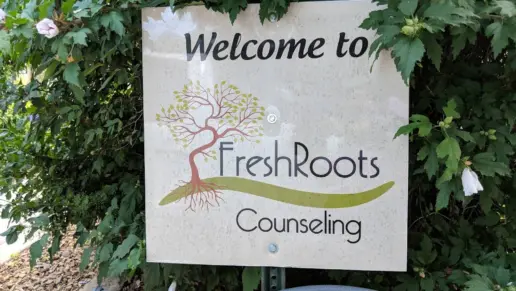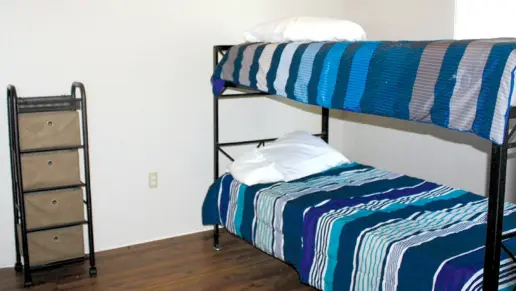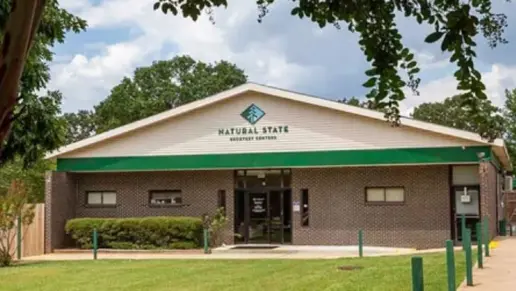I call and no one answers the phone, I've been trying to get treatment in this place for a long time but I can't get in touch with them, I think they should have another phone line and be concerned about the calls they receive because some of them could be an emergency
About Piney Ridge Treatment Center
Piney Ridge Treatment Center, in Fayetteville, Arkansas, offers residential treatment and dual diagnosis care for children and teens ages 7 to 17 struggling with sexual behavior issues alongside mental illness or substance use disorder (SUD). There is also a group home program for boys ages 12 to 18 who are exiting an inpatient mental health treatment facility or alcohol and/or drug rehab. Medication assisted treatment (MAT) and gender and age specific programs are available.
The residential treatment program provides evidence based treatment methods for those with co-occurring disorders, including individual, family, and group counseling and recovery education. Participants will have access to complementary modalities, like expressive therapy, recreation therapy, activity therapy, and spiritual guidance. Residents also receive a state certified education, training in life and social skills, preparation for college and entrance exams, and services to help them reintegrate into the community when they finish the program.
Their aftercare services include comprehensive discharge planning. Referrals to a partial hospitalization program (PHP), intensive outpatient program (IOP), or regular outpatient care are available as needed. Participants can also get help applying to college, joining the military, or connecting with community resources. For boys ages 12 to 18,
Piney Ridge Treatment Center accepts most major insurance plans, including Cigna, Ambetter, United Healthcare, Humana, Blue Cross Blue Shield, Aetna, and more. Because insurance plans vary, be sure to contact your insurer to get coverage details, including out of network benefits.
Latest Reviews
Rehab Score
Gallery
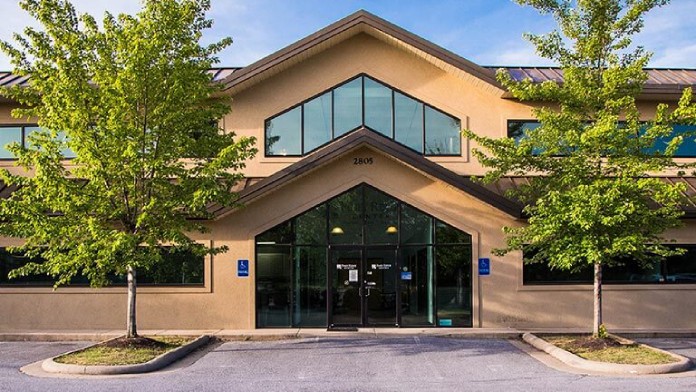
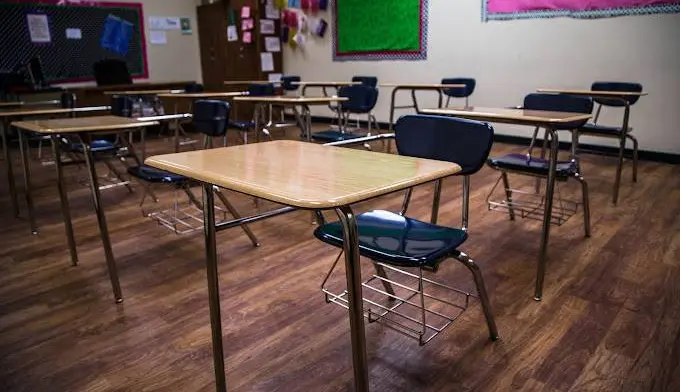
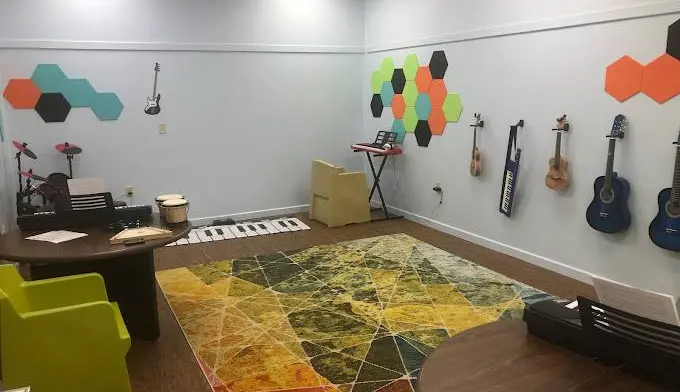

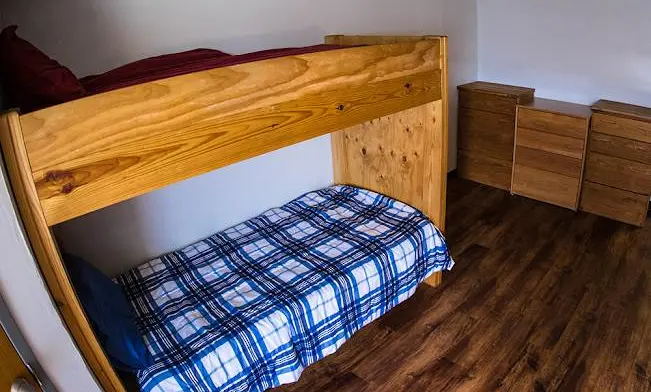
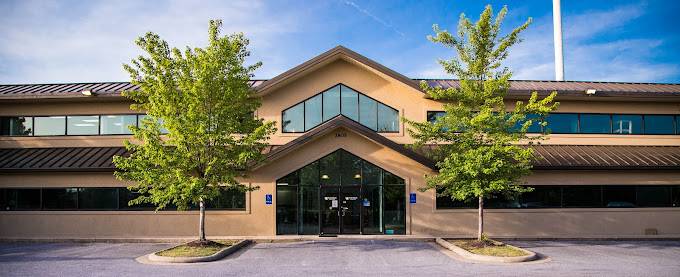
Location
Accepted Insurance
Other Forms of Payment
Private insurance refers to any kind of healthcare coverage that isn't from the state or federal government. This includes individual and family plans offered by an employer or purchased from the Insurance Marketplace. Every plan will have different requirements and out of pocket costs so be sure to get the full details before you start treatment.
Self-pay involves paying for treatment out of your own pocket. You can use savings or credit, get a personal loan, or receive help from family and friends to fund your treatment. If you don't have insurance or your insurance plan doesn't cover a specific program, self-pay can help ensure you still get the care you need.
Financial aid can take many forms. Centers may have grants or scholarships available to clients who meet eligibility requirements. Programs that receive SAMHSA grants may have financial aid available for those who need treatment as well. Grants and scholarships can help you pai for treatment without having to repay.
Medicaid is a state based program that helps lower-income individuals and families pay for healthcare. Medicaid covers addiction treatment so those enrolled can use their coverage to pay for rehab. When a program accepts Medicaid the client often pays very little or nothing out of their own pocket.
Military members, veterans, and eligible dependents have access to specific insurance programs that help them get the care they need. TRICARE and VA insurance can help you access low cost or no cost addiction and mental health treatment. Programs that accept military insurance often have targeted treatment focused on the unique challenges military members, veterans, and their families face.
Addiction Treatments
Levels of Care
Treatments
Many of those suffering from addiction also suffer from mental or emotional illnesses like schizophrenia, bipolar disorder, depression, or anxiety disorders. Rehab and other substance abuse facilities treating those with a dual diagnosis or co-occurring disorder administer psychiatric treatment to address the person's mental health issue in addition to drug and alcohol rehabilitation.
Mental health rehabs focus on helping individuals recover from mental illnesses like bipolar disorder, clinical depression, anxiety disorders, schizophrenia, and more. Mental health professionals at these facilities are trained to understand and treat mental health issues, both in individual and group settings.
Clinical Services
Research clearly demonstrates that recovery is far more successful and sustainable when loved ones like family members participate in rehab and substance abuse treatment. Genetic factors may be at play when it comes to drug and alcohol addiction, as well as mental health issues. Family dynamics often play a critical role in addiction triggers, and if properly educated, family members can be a strong source of support when it comes to rehabilitation.
Group therapy is any therapeutic work that happens in a group (not one-on-one). There are a number of different group therapy modalities, including support groups, experiential therapy, psycho-education, and more. Group therapy involves treatment as well as processing interaction between group members.
In individual therapy, a patient meets one-on-one with a trained psychologist or counselor. Therapy is a pivotal part of effective substance abuse treatment, as it often covers root causes of addiction, including challenges faced by the patient in their social, family, and work/school life.
Recreational therapy uses physical activity and hobbies to support alcohol and drug addiction recovery in Arkansas. They help improve your physical health and provide you with a sense of accomplishment, which is critical to overcoming addiction. These activities could include gardening, music, or sports. They help to promote relaxation and build a supportive community.
Amenities
-
Residential Setting
-
Private Rooms
Contact Information
2805 E Zion Rd
Fayetteville, AR 72703




